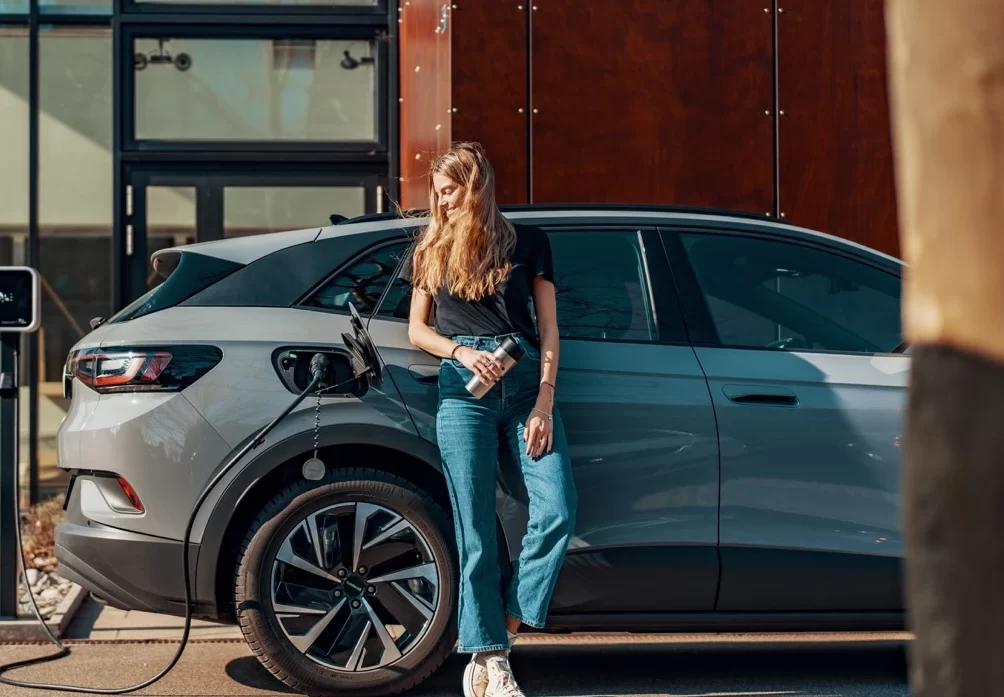The charging speed of an electric vehicle (EV) is one of the most important factors to consider for EV owners because it affects how long it takes to fully charge the battery and how far you can drive on a single charge. Several factors influence the charging speed of an electric vehicle, including the charging station, the vehicle’s battery capacity, and the type of charging connector. In this article, we will provide an overview of these factors and explain how they affect an electric vehicle’s charging speed.
Table of contents
- The impact of charging stations on the charging speed of electric vehicles.
- The role of battery capacity in determining the charging speed of an electric vehicle.
- The effect of charging connector type on the charging speed of an electric vehicle.
Charging station affecting charging speed
The charging station you use to charge your electric vehicle has an impact on the charging speed. Level 1 and Level 2 charging stations, as well as DC fast charging stations, are available.
Level 1 stations are the slowest charging option and use a standard 120-volt outlet. These charging stations are typically used for overnight charging at home, and fully charging an electric vehicle can take up to 20 hours.
Level 2 stations are faster than Level 1 charging stations because they use a 240-volt outlet. They can charge an electric vehicle in as little as 3-5 hours and are typically used in public charging areas or at home.
DC fast charging stations are the quickest charging option, charging an electric vehicle in 30-60 minutes. You can find these charging stations at highway rest stops and other convenient locations, making them ideal for long-distance travel.
Role of battery capacity of the vehicle
Another important factor influencing charging speed is an electric vehicle’s battery capacity. The longer it takes to fully charge the vehicle, the larger the battery capacity. A vehicle with a 60 kWh battery, for example, will take longer to charge than a vehicle with a 40 kWh battery.
Effect of charging connector type
The type of charging connector you use also affects the charging speed of your electric vehicle. J1772 and CCS are the two types of charging connectors (Combined Charging systems). J1772 is a slow charging connector commonly found in Level 1 and Level 2 stations. CCS is a fast charging connector commonly found in DC fast charging stations.
In conclusion, the charging speed of an electric vehicle is influenced by various factors including the type of charging station used, battery capacity, and charging connector type. Level 1 and Level 2 charging stations offer slower charging times, while DC fast charging stations are the quickest option. The battery capacity of the vehicle is another important factor to consider, as the larger the battery capacity, the longer it will take to charge the vehicle. Finally, the type of charging connector used also affects the charging speed, with J1772 being a slower option compared to CCS, which is a fast charging connector commonly found in DC fast charging stations. It is important for electric vehicle owners to consider these factors in order to choose the best charging option that suits their needs, particularly when planning long-distance trips where charging time and availability are critical factors.

